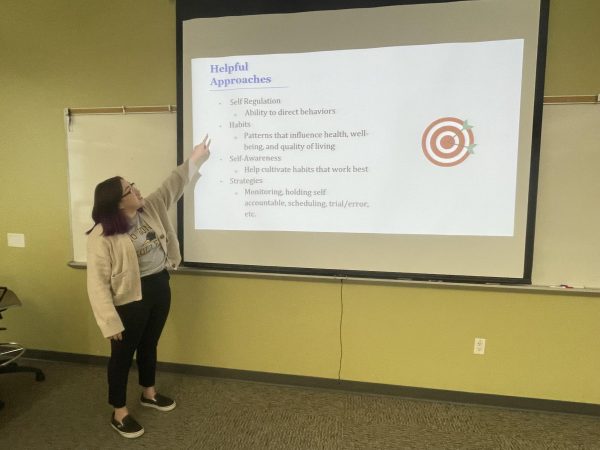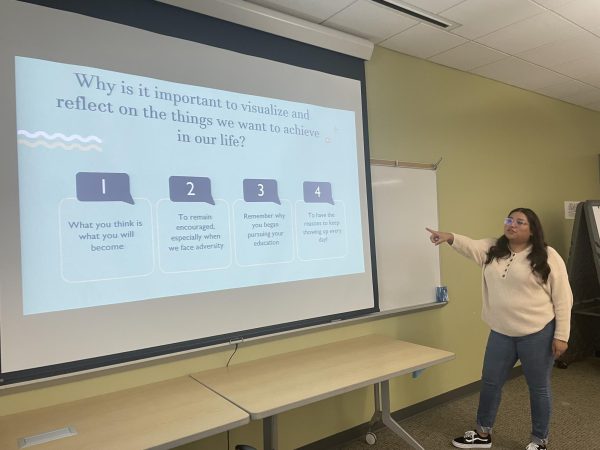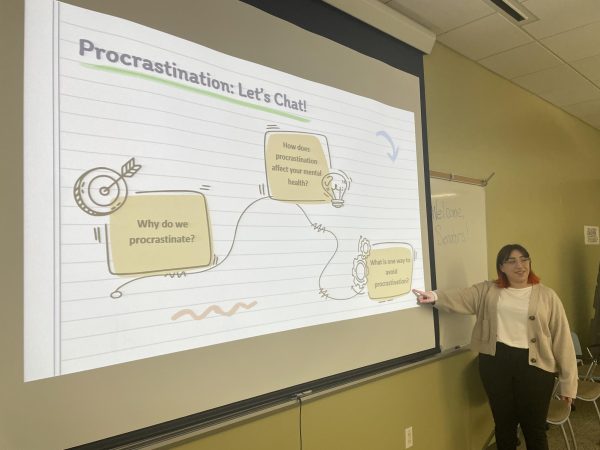Josue Alvarado: a product of the community
Last April Rio Hondo alumni Josue Alvarado was elected to represent the first district of Whittier in the new district-wide election system the city had adopted. Alvarado’s ascension is not only historic because it is the first to occur in the new voting system, but it is also the first time that district one will have a city council representative from their area. Prior to being elected, Alvarado’s previous and sole government experience was his tenure in the Associated Students of Rio Hondo.
Alvarado attended Rio Hondo from 2001 to 2005. Taking a hiatus between high school and college to focus on working, he describes his transition back to school as difficult. The amount of paperwork and information he had to collect just to apply was intimidating, and he was not aware of the financial services that were offered at Rio Hondo. To make matters worse, his son was born during finals week in his first semester, causing him to miss several classes.
After a year of adjusting to college, Alvarado became committed and worked toward an Associate’s Degree in general education. He continued his schooling at California State University, Fullerton and received a Bachelor’s Degree in Business Administration.
Alvarado believes himself to be a person who challenges things he perceives as wrong, thus ran for student government and focused his time in ASRHC to help the underprivileged and underserved students.
This philosophy stood with him after he left Rio Hondo and was one of the main reasons he ran to represent district one. Alvarado, along with his constituents in district one, feel that, until now, the first district has been neglected by the city council when it comes to proper street lighting for safety, affordable housing and representation on the council.
To ensure that the underserved students were taken care of by their elected student body, during his tenure as president, the ASRHC would organize booths to hand out free food to students that were taking night classes. “Even though it was a quick rush to class, they’d have a free burrito or a few slices of pizza. A lot of these people come straight from work and straight into class,” said Alvarado.
While these small events rarely got the attention as some of the larger affairs held by the student government, Alvarado believed that they were tending to the needs of the underserved night school students who didn’t get the same benefits as the rest.
An event he was proud to have taken part in was the year ASRHC held a Christmas event for the Child Center. The event was held the Putnam Center, what is now the library. They would give out free presents to the children in the preschool program at Rio Hondo since most, if not all, had parents attending the college.
Proper allocation of ASRHC funds was another issue that Alvarado dealt with. “As students we need to remember how you manage other people’s funds really transcends to your adult life.” His goal was to make sure that the student fees, collected by the College Services, that make up their budget was adequately used to the student populaces benefit. He helped cut the budget for traveling expenses for yearly retreats to Big Bear that were meant to help relationship building between representatives.
The ASRHC used the saved money from the cuts and the profits from the soda machines on campus to fund several student scholarships that varied from $50-1,000. The student government scholarships were discontinued for unknown reasons a few years after Alvarado left.
When asked for his thoughts on non-resident students (also known as AB 540s) attending Rio Hondo, Alvarado conceded that while he had his own difficulties in school, he was born in L.A. and did not have to face the hardships they do. Still, he did have friends who were AB 540 students who were unable to transfer or continue their college education due to financial constraints.
Alvarado, like many Californians, was frustrated by the obstacles that keep the students from succeeding, he stated, “these dreamers [nonresidents] really go out of their way to assimilate into this country but unfortunately, just because they lack a 9-digit number, opportunities are really limited to them”.
Although, he is glad that 2010 Dream Act has afforded nonresidents more financial aid from private scholarships, grants and the state itself.
Despite his limited experience in local government, Alvarado believes that deciding factor for someone running for office is if they truly want to serve their community. “If you genuinely look at your city… and you feel you have something to contribute there’s no reason why you shouldn’t try.”
Prior to the voting change, Whittier would have city wide elections that were proven through lawsuits that only a small area of Whittier was making decisions for the city as a whole. Alvarado’s district had limited to no involvement in city decisions and was neglected by the city council.
Most representatives were from what is now district two and three. The district election system made it possible for someone with lesser funds to run a successful campaign and having a representative that lives in the area of their constituents.
As of now, Alvarado plans to only serve his four-year council service and step aside to let someone else represent his district. He has no aspirations for a greater role in local government. Yet, he understands that making the change he wants for district one may take longer, therefore is open to the idea of a second term.






